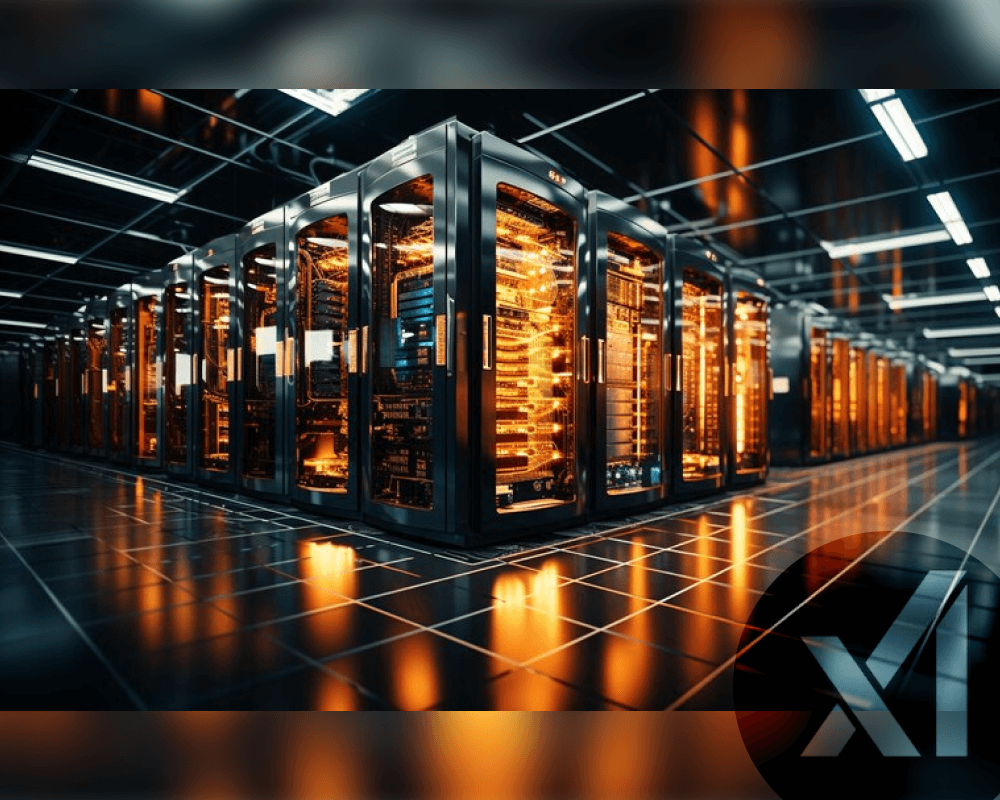September 5, 2024 By: JK Tech
xAI, the artificial intelligence company led by Elon Musk, recently unveiled Colossus, an AI training system powered by 100,000 Nvidia H100 GPUs. While the technical scale of Colossus is eye-catching, the real significance lies in what it might mean for the future of AI development and its broader influence across industries.
Colossus represents a significant advancement in AI training capacity. With its enormous computational power, it unlocks new opportunities for creating AI models capable of handling more complex tasks at significantly faster speeds. Whether it’s natural language processing, machine learning, or automation, systems like Colossus are likely to accelerate breakthroughs in various fields. Yet, focusing only on its raw power overlooks the bigger conversation: how will this advancement shape AI’s role in the world?
The growth of systems like Colossus shows a bigger trend in AI: as models get larger, they need more advanced infrastructure. While technology is progressing quickly, building such large systems also brings new challenges. It’s important to consider how these powerful tools are used and regulated. AI is increasingly being used in important areas like decision-making, finance, healthcare, and security, which makes it essential to address concerns about ethics, data privacy, and responsible use. Colossus could significantly change the field, but it also brings risks if not managed properly.
Another important factor to consider is the environmental impact of AI systems. Colossus, for example, requires a massive amount of energy to operate, even though it’s designed to be energy-efficient. The scale of power needed for such large systems brings up concerns about balancing innovation with sustainability. As AI models grow more complex and demand more resources, we need to think about the environmental costs of expanding these systems and how we can address them moving forward.
Aside from the technical and ethical challenges, Colossus also shows how AI is evolving. The role of hardware is becoming more critical in advancing AI capabilities. But it’s not just about what these systems can do; it’s also important to consider how they are being used, monitored, and integrated into everyday life. As AI grows more powerful, we need to ensure it is applied responsibly and that there are systems in place to oversee its impact on society.
While Colossus showcases how far technology can go, its arrival highlights the importance of asking the right questions, not just about what AI can achieve, but about how it should be used. As the world moves into an era of more powerful AI systems, careful thought will be needed to ensure these technologies bring meaningful benefits without creating unintended consequences.



